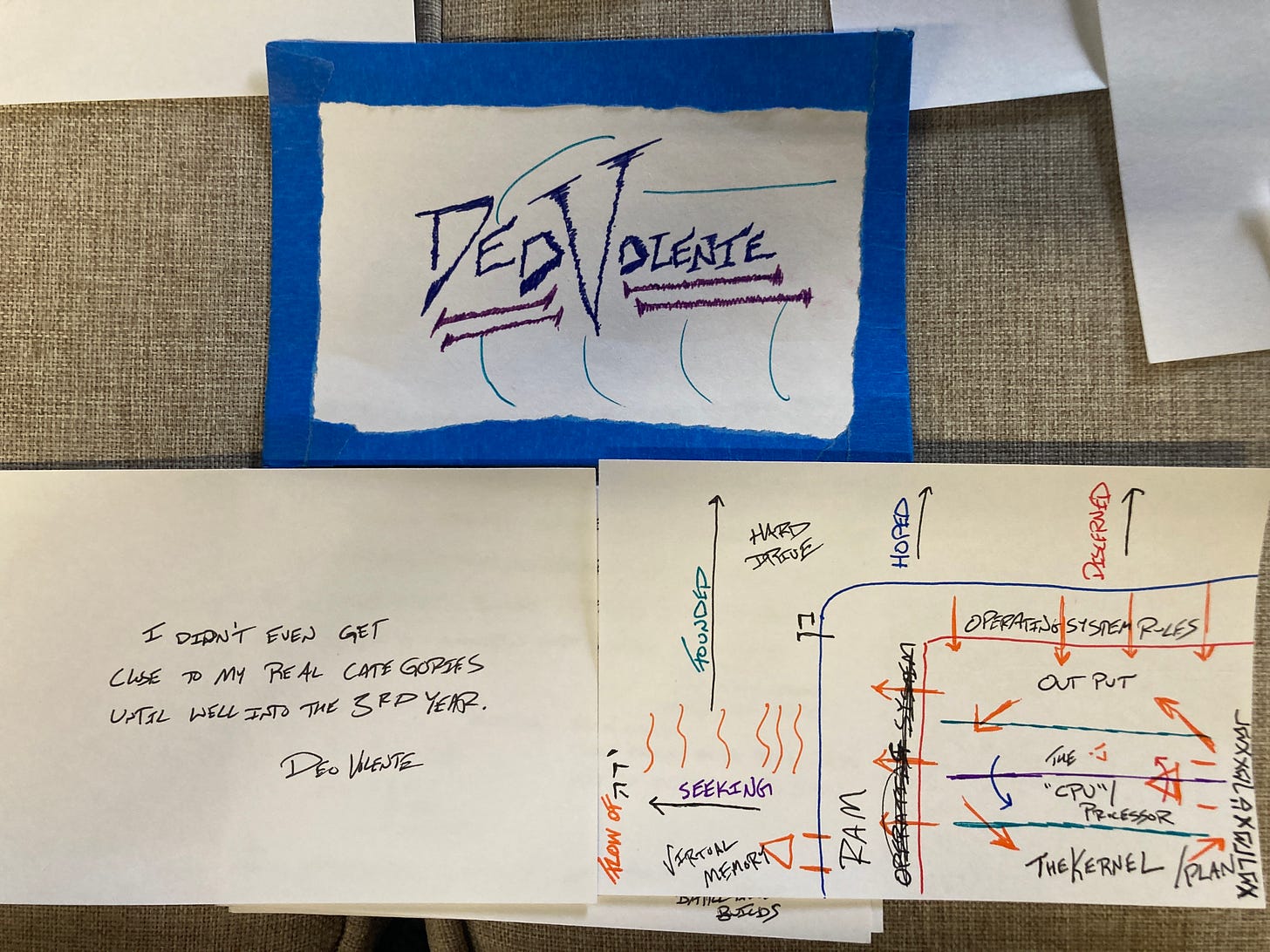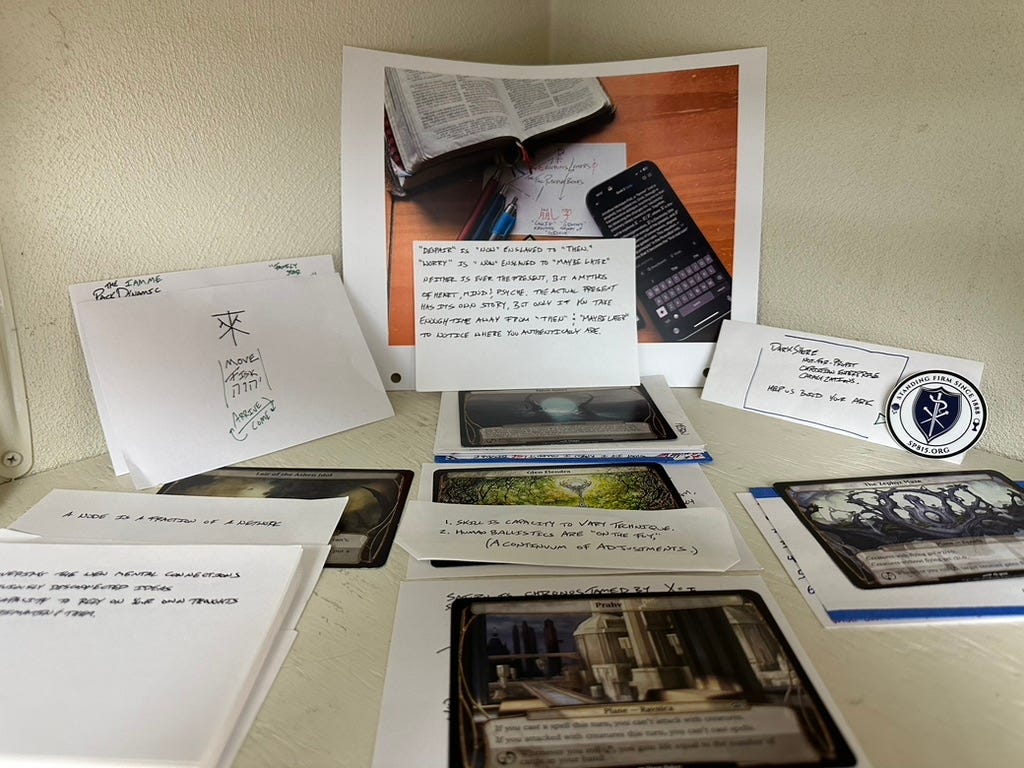Election
The Thorn that Proves the Vine
1. The Mark of the Real: The Doctrine That Will Not Go Away
If the Bible were merely a human fabrication—crafted to control, to sell, to impress, or to comfort—then the doctrine of election would not be in it.
No deceiver, no mythmaker, no clever political scribe seeking to forge a unified religion, would create a system so internally offensive to the human ego, so destabilizing to the notion of fair religious commerce, and so disruptive to the very idea of a “winnable” god.
Yet there it is:
“Jacob I loved, Esau I hated” (Mal. 1:2–3, Rom. 9:13)
“It is not of him who wills, nor of him who runs, but of God who shows mercy.” (Rom. 9:16)
“No one can come to Me unless the Father who sent Me draws him.” (John 6:44)
“You did not choose Me, but I chose you.” (John 15:16)
These are not vague sentiments. They are emphatic lines in the canon—lines that never get resolved, lines that deny final comfort to both the proud moralist and the self-excusing skeptic.
⸻
2. A Thorn in Every System
If election were a tool of deception, we would expect it to serve power structures: favor the elites, uphold works-righteousness, promote insider loyalty.
But election—true biblical election—does the opposite.
• It cuts off merit at the root (Rom. 11:6).
• It undermines ritual control (Eph. 2:8–9).
• It levels class and status (1 Cor. 1:26–29).
• It leaves the hearer in abject dependency on the Word (Rom. 10:17).
It is not tidy.
It is not user-friendly.
It is the God-sized remainder that refuses to be boiled down to marketable religion.
⸻
3. Who Would Write This?
Ask yourself: What fraud would choose to compose a religion where:
• God chooses some and not others, for reasons never fully explained?
• The believer’s only answer to the deepest questions is: “The secret things belong to the Lord.” (Deut. 29:29)?
• And the apostle, anticipating our objections, dares to write:
“But who are you, O man, to answer back to God?” (Rom. 9:20)
No charlatan would invent a doctrine that causes every philosophical system, every fair-dealing mind, and every theologian to wrestle with God’s sovereignty.
No propagandist leaves a loose end this loose.
⸻
4. The Gospel That Undoes All Boasting
The doctrine of election makes one thing impossible: boasting.
“What do you have that you did not receive?” (1 Cor. 4:7)
This is not the conclusion of a myth.
This is the evidence of authentic encounter—a revelation from the outside, speaking in thunderous silence: You did not earn this. You were not worthy of it. God alone is the Giver.
Only the real God would insist upon this.
⸻
5. Election as Proof of Revelation
Therefore:
• The presence of election in Scripture is not an embarrassment.
• It is not a glitch.
• It is not a contradiction to be papered over.
It is proof of inspiration.
It is a mark of divine authorship—a sore thumb to the world, but the vine of life to the elect.
The doctrine of election is the very thing that no man would write
unless it was given from above (John 3:27).
⸻
The God who wrote the Bible did not seek to appease, impress, or flatter us.
He sought to save us from ourselves.
And in doing so, He left in the text the only kind of mark that cannot be faked:
A truth no man would invent. A doctrine no sinner would imagine. A glory no flesh would seek. A cross. A choice. A calling. And the foolishness of God is still wiser than men. (1 Cor. 1:25)










